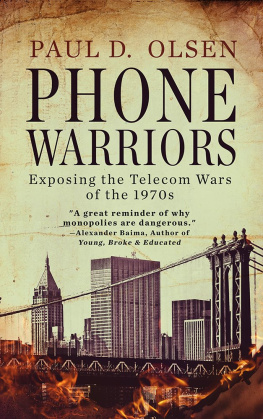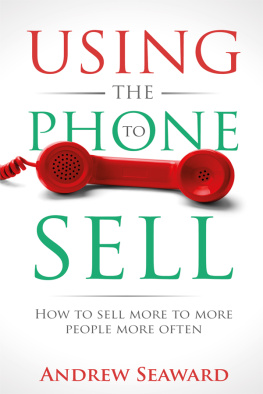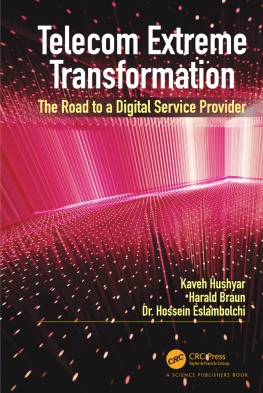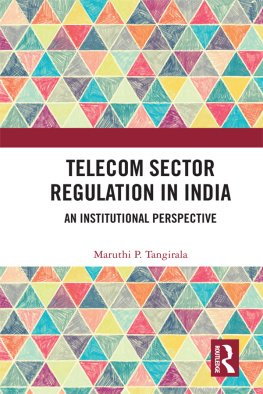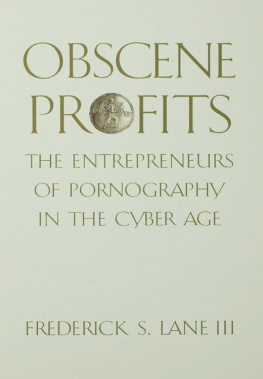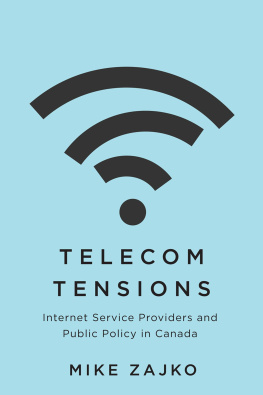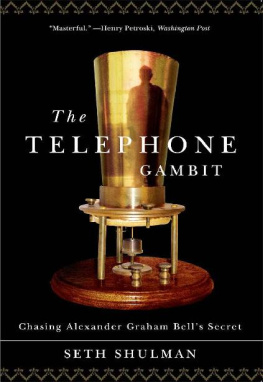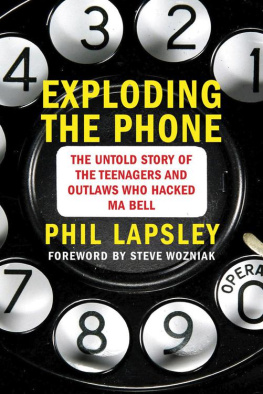PHONE
WARRIORS
Exposing the T elecom W ars of the 1970s
by
PAUL D. OLSEN

FROM THE TINY ACORN...
GROWS THE MIGHTY OAK

Phone Warriors
Copyright 2021 Paul D. Olsen. All rights reserved.
Printed in the United States of America.
For information, address Acorn Publishing, LLC, 3943 Irvine Blvd. Ste. 218, Irvine, CA 92602. www.acornpublishingllc.com
Cover design by Damonza.com
Author photo by Remy Haynes Photography
Interior design and digital formatting by Debra Cranfield Kennedy
Anti-Piracy Warning: The unauthorized reproduction or distribution of a copyrighted work is illegal. Criminal copyright infringement, including infringement without monetary gain, is investigated by the FBI and is punishable by up to five years in federal prison and a fine of $250,000.
All rights reserved. No part of this book may be used or reproduced in any manner whatsoever, including internet usage, without written permission from the author.
ISBN978-1-952112-49-2 (hardcover)
ISBN978-1-952112-48-5 (paperback)
Table of Contents
PREFACE
The Myth
M a Bell and Apple Pie. These were common, midcentury refrains heard in households and businesses across America, and one frequently used by the Bell System to provide consumers with a feeling of comfort and warmth. Growing up, it was a feeling my family and I shared. But Ma Bell was also a term crafted and embraced by AT&T to cloak its monopoly of telephone services in the United States. Make no mistake, Ma Bell was a mean mothera BEAST!
Much has been written about AT&T, the Bell System history, its break-up in 1984, and the growth of spin-off Baby Bell companies afterward. Many magazine and news articles at the time of the break-up were of the doom-and-gloom sort, prophesying the divestiture of the Bell System would result in increased costs to the consumer. However, most books and articles written since the late 60s covered the frustrations experienced by Bell System management and its employees as they encountered competition. Written by former Bell executives, industry insiders, and former FCC personnel, they are great textbooks on organization, rate-making, politics, economics, and business development.
But this isnt one of them.
Phone Warriors lifts the veil from AT&Ts backroom deals and activities to stomp out any competition. For the first time, the stories of energetic entrepreneurs are told along with the unsavory situations they encountered. Previous literature has completely missed the energy and chaos in the telecom world during the late 60s, 70s, and 80s. Called Interconnection, this new era of competition created an industry as vibrant as modern-day Silicon Valley and the internet, a new opportunity that attracted idealistic, energetic entrepreneursand opportunists with less-than-ideal scruples.
Contained herein are the untold stories of corporations and small entrepreneurs efforts to gain a foothold in AT&Ts vast empire. Initially, few recognized the impact a 1968 FCC ruling would have, allowing others to compete in Bells marketplace for equipment and services. No one expected the nefarious tactics employed by the Bell System to limit competition in what Bell considered their own backyard. Ironically, the Bell Systems own anticompetitive behavior arguably contributed to the U.S. Department of Justices antitrust suit leading to the eventual break-up of AT&T in early 1982. They may well have been the authors of their own demise.
BACKGROUND
Civil UnrestRebellion Against Authority
A rebellious movement slowly began to build. Scholars may debate finding a particular moment, event, or date in which the paradigm began. But develop it did, and grew to devastating proportions. In most democracies the pendulum of attitudes, tolerance, morale, equality, popularity, swings from side to sideand back. During the 1940s to the early 60s, acceptance of the political establishment was fairly constant. Political graft, indiscretion, and greed was headlined but often tolerated by the public. The temptation to use political positions for monetary gain was too hard to resist. Transgression seemed part of the business of governing the populacePolitics as Usual. But attitudes began to change in the early 60s. A strong anti-establishment attitude grew among the younger generation. Part of the fuel for change was the Civil Rights Movement led by Dr. Martin Luther King Jr. and his call for non-violence and resistance through civil disobedience. Officials often met his protest marches and sit-ins with violence. Eventually the government made changes including The Civil Rights Acts of 1964 and 1968, and the Voting Rights Act of 1965.
Arguably it was the inequality that the Civil Rights Movement responded to that led to civil discord, but the movement creating the most momentum was the resistance to the Vietnam War led mostly by a large segment of youth who were either still in school or had recently entered the workplacemany subject to the draft. It was a period of open resistance to almost all authority. Young men receiving draft notices requiring them to report to their local draft board would often return them to the Selective Service or burn them. The dissidence against public policies would become violent.
In an FBI report given in July of 1970, before the Presidents Committee on Unrest, J. Edgar Hoover stated, Violence is not Dissent! The report cited the following: From 1968 to 1969, there were 850 protest demonstrations, 200 government and school building seizures, 4,000 arrests, sixty-one attempts at arson, all resulting in one death and 125 injuries. The following year recorded a significant increase: 1,785 protest demonstrations, 313 building seizures, 7,200 arrests, 246 arson attempts, and fourteen bombing attacks, resulting in eight deaths, 462 injuries, and property damage of $9 million. Referring to the previous two years, the report blamed the acts of violence and disorder commonplace in colleges and secondary schools on extremist forces. Civil disobedience had become resistance of authority and eventually violence and lawlessness. Not only was a segment of youth to blame, but Hoover included members of the academic community who defend or condone wanton acts of violence and riotous conduct do obvious harm... and undermine our Nations confidence, morale, patriotism and unity. Hoover continued, placing the blame on arrogant spoiled youth that may not be emotionally mature to enter an institution of higher learning and that are ill prepared to dictate academic standards or policies of a college or university.
The recommendations summarized in the report placed the blame on parents, university administrations, and enforcement agencies for being too lax in their responsibilities and needing to be more stringent. It called for more discipline in the home and universities. Paradoxically, the theme of antiestablishment was not lost on the young men and women entering the workforce in the mid 60s and early 70s. This, then, was the backdrop of young professionals in this period who chose careers in the government sector in agencies such as the Department of Justice and the Federal Communications Commission. Upon entering the public sector, their attitude may not have been solely intent on questioning authority or anti-establishment. However, many had open minds to question if current establishment and policies were appropriate for the public and if they should be changed.
Next page
